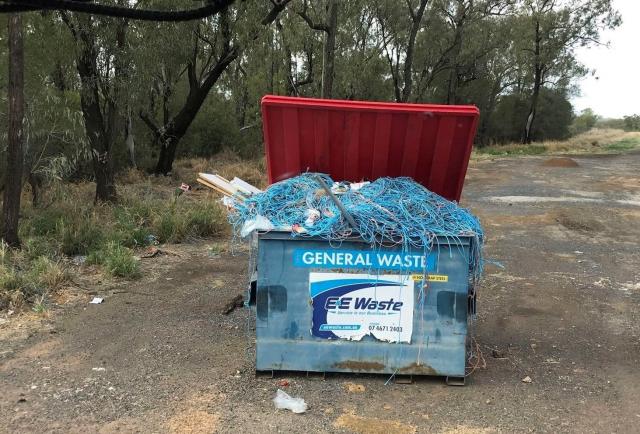Ray, a 78-year-old retired tradesman and business owner, never imagined he would become a victim of elder abuse at the hands of his own son.
The abuse began in 2011 when Ray asked his son Peter for help dealing with a stolen credit card.
Peter offered assistance, using the opportunity to take control of his father’s finances, including acting on Ray’s behalf with the bank.
Given Ray was not familiar with computers, Peter offered to set up a MyGov account in Ray’s name.
He then redirected Ray’s pension payments into his own bank account.
Peter listed his phone number as a contact and nominated that all correspondence be sent online.
Over seven years, Peter systematically stole more than $152,000 in pension payments and fraudulently obtained an additional $78,000 through loans taken out in Ray’s name.
During this time Ray had been convinced that the “meagre” allowance Peter gave him was all that remained after his bills had been paid.
To substitute his income, Ray relied on repairing discarded furniture which he would sell for income.
The emotional toll was profound; Ray’s financial situation made it difficult for him to go out, and he was reluctant to admit the truth of his situation to his friends.
Despite several years of unpaid bills, Ray’s electricity and phone services were never disconnected, giving no reason for Ray to be alarmed.
This was because Peter had submitted falsified documents claiming his father required connection to life-saving equipment and needed a phone line for emergency purposes.
Peter’s manipulation extended to creating fake letters and making deceptive phone calls, impersonating government officials and politicians to falsely reassure Ray that his missing funds, unpaid pension and frozen bank account issues were being addressed.
In 2020, Peter was sentenced to a jail term for unrelated fraud charges.
This inadvertently led Ray to contact his local MP’s office, and with the assistance of Ray’s daughter, Peter’s deception began to unravel.
Centrelink has since denied Ray’s claim for compensation, arguing their systems were not at fault because Peter had authenticated access through MyGov.
ECLC lawyers and advocates worked with Ray to help him understand his rights and options, and the Centre supported Ray to gather evidence and navigate the legal system.
Paul Were, Managing Lawyer for Elder Abuse at ECLC, called it an “absolute no-brainer” that institutions should check directly with the pension recipient before paying their money into an account held by someone else who isn’t entitled to it.
“In Ray’s situation, Centrelink did not go back to Ray and ask if he wanted the money paid into Peter’s account,” Paul said.
“There have to be more safeguards in place so this doesn’t happen again,” Paul added.
Peter was eventually convicted and sentenced to four years in prison for defrauding his father.
Ray, now protected by an intervention order, hopes sharing his story will help others: “You don’t expect your own children to do this”.
Sadly, Ray’s experience is not unique.
Elder abuse, especially financial abuse, is a growing problem in Australia, and is often perpetrated by trusted family members.
If you or someone you know is experiencing elder abuse, contact ECLC for confidential advice and support on 1300 32 52 00 or use the online form at eclc.org.au/help for an appointment.







